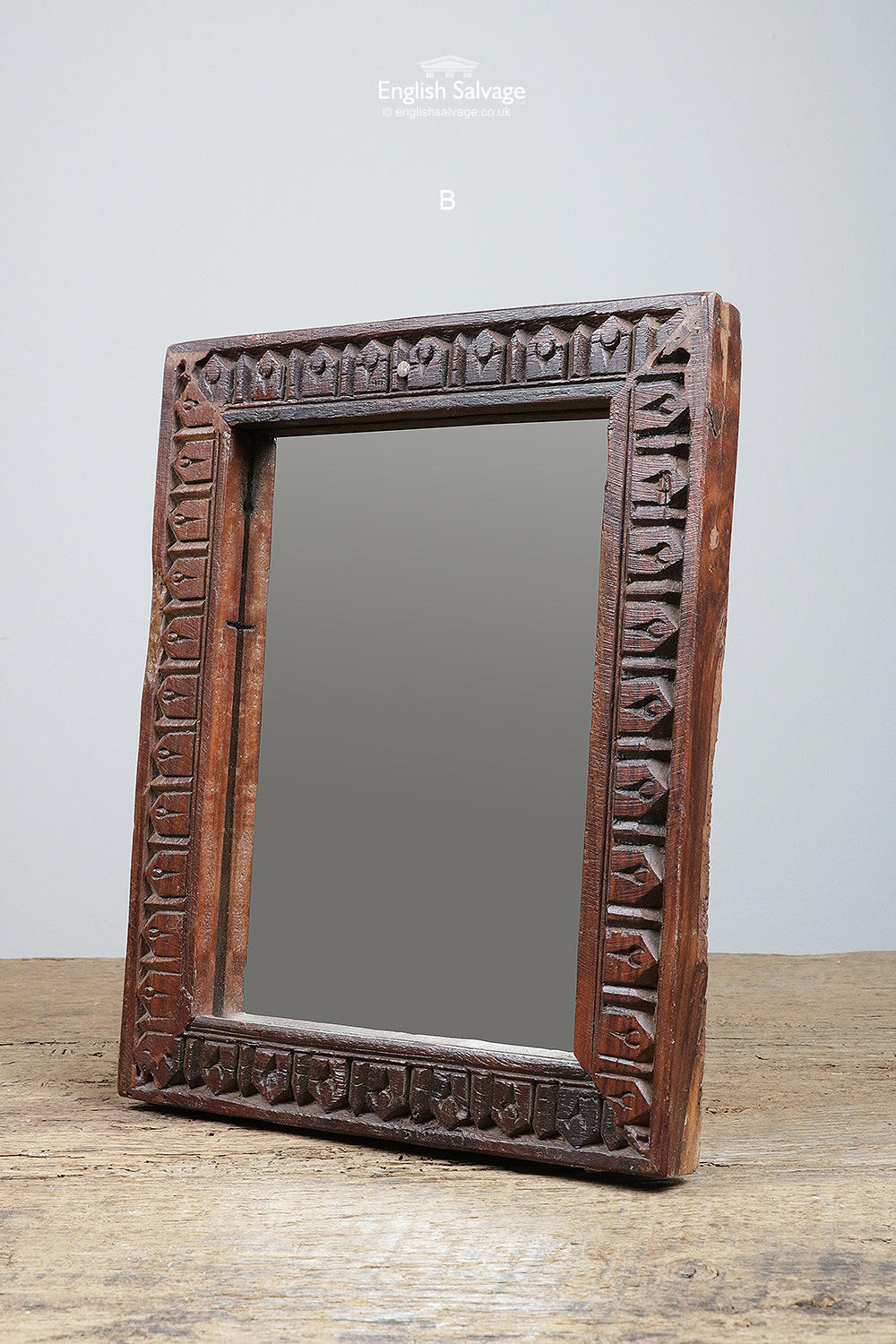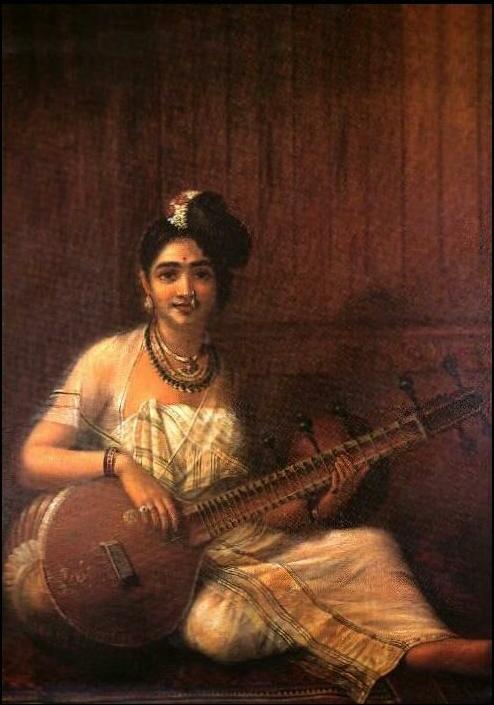After causing a collision with Bruno Senna in Spain, Schumacher received a five-place grid penalty for the Monaco Grand Prix. Schumacher was fastest in qualifying in Monaco; but started sixth owing to his penalty. At the European Grand Prix, Schumacher finished third in the race, his only podium finish since his return to F1 with Mercedes. At the age of 43 years and 173 days, he became the oldest driver to achieve a podium since Jack Brabham's second-place finish at the 1970 British Grand Prix.
Further records were set by Schumacher in Germany, where he set the fastest lap in a Grand Prix for the 77th time in his career, and in Belgium where he became the second driver in history to race in 300 Grands Prix. At Racing Point Force India's first race, the Belgian Grand Prix, Ocon achieved the joint-highest starting position of his career with third and went on to finish sixth. Ocon and Pérez collided on the first lap of the Singapore Grand Prix, causing Ocon to crash into a wall and end his race.
The team described the collision as "unacceptable" and banned the drivers from racing each other. Two ninth places followed, before Ocon was disqualified from eighth place at the United States Grand Prix after his car was found to have exceeded fuel flow limits. At the Brazilian Grand Prix, Ocon collided with race leader Max Verstappen whilst attempting to un-lap himself, damaging both cars.
Both drivers were able to continue racing and Ocon received a 10-second stop-and-go penalty for the incident. They argued just after the race and pushed each other several times. Both drivers were summoned by the FIA and Verstappen was ordered to undertake two days of public service "at the discretion of the FIA" for making deliberate physical contact with Ocon. In 2002, Schumacher used the Ferrari F2002 to retain his Drivers' Championship.
The crowd broke into outraged boos at the result and Schumacher tried to make amends by allowing Barrichello to stand on the top step of the podium. At the United States Grand Prix later that year, Schumacher dominated the race and was set for a close finish with Barrichello. At the end he slowed down to create a formation finish with Barrichello, but slowed too much allowing Barrichello to take the victory. In winning the Drivers' Championship he equalled the record set by Juan Manuel Fangio of five World Championships. Ferrari won 15 out of 17 races, and Schumacher won the title with six races remaining in the season, which is still the earliest point in the season for a driver to be crowned World Champion.
Schumacher broke his own record, shared with Nigel Mansell, of nine race wins in a season, by winning eleven times and finishing every race on the podium. He finished with 144 points, a record-breaking 67 points ahead of the runner-up, his teammate Rubens Barrichello. Schumacher won five consecutive drivers' titles from 2000 to 2004, including an unprecedented sixth and seventh title. In 2002 Schumacher won the title with a record six races remaining and finished on the podium in every race. In 2004 Schumacher won twelve out of the first thirteen races and went on to win a record 13 times as he won his final title.
Schumacher retired from Formula One in 2006, after finishing runner-up to Renault's Fernando Alonso. He produced the fastest qualifying time at the 2012 Monaco Grand Prix, and achieved his only podium on his return at the 2012 European Grand Prix, where he finished third. In October 2012 Schumacher announced he would retire for a second time at the end of the season. In 1998, Finnish driver Mika Häkkinen became Schumacher's main title competition. Häkkinen won the first two races of the season, gaining a 16-point advantage over Schumacher.
Schumacher then won in Argentina and, with the Ferrari improving significantly in the second half of the season, Schumacher took six victories and had five other podium finishes. There were two controversies; at the British Grand Prix Schumacher was leading on the last lap when he turned into the pit lane, crossed the start finish line and stopped for a ten-second stop go penalty. There was some doubt whether this counted as serving the penalty, but, because he had crossed the finish line when he came into the pit lane, the win was valid. At Spa, Schumacher was leading the race by 40 seconds in heavy spray, but collided with David Coulthard's McLaren when the Scot, a lap down, slowed in very poor visibility to let Schumacher past. After both cars returned to the pits, Schumacher leaped out of his car and headed to McLaren's garage in an infuriated manner and accused Coulthard of trying to kill him.
Coulthard admitted five years later that the accident had been his mistake. Ocon joined Renault for 2020, signing a two-year contract and marking his return to Formula One as a full-time driver. Ocon qualified 14th on his Renault debut at the Austrian Grand Prix and finished eighth out of eleven finishers. He qualified fifth for the Styrian Grand Prix and was running in seventh place when he retired with a cooling issue.
Ocon finished sixth at the British Grand Prix, having gained positions in the closing laps when cars ahead suffered tyre failures. At the following weekend's 70th Anniversary Grand Prix, he was issued a grid penalty after impeding George Russell in qualifying and started 14th, but improved to finish eighth in the race. His best race finish since 2017 came at the Belgian Grand Prix, where he qualified sixth and finished fifth behind teammate Ricciardo. Ocon started the Italian Grand Prix in third place after the Red Bull drivers faced penalties, the highest grid position of his career.
He spent much of the Mexican Grand Prix in third place and eventually finished fifth. His streak of finishing 27 consecutive races ended at the Brazilian Grand Prix, where he collided with Romain Grosjean on the first lap. He finished his first full season in Formula One eighth in the drivers' championship, having scored 87 points. Schumacher was stripped of pole position at the Monaco Grand Prix and started the race at the back of the grid.
This was due to his stopping his car and blocking part of the circuit while Alonso was on his qualifying lap; he still managed to work his way up to 5th place on the notoriously cramped Monaco circuit. By the Canadian Grand Prix, the ninth race of the season, Schumacher was 25 points behind Alonso, but he then won the following three races to reduce his disadvantage to 11. After his victories in Italy and China, in which Alonso had tyre problems, Schumacher led in the championship standings for the first time during the season. Although he and Alonso had the same point total, Schumacher was in front because he had won more races.
Before the Brazilian Grand Prix, Schumacher conceded the title to Alonso. In pre-race ceremonies, football legend Pelé presented a trophy to Schumacher for his years of dedication to Formula One. However, in overtaking Alonso's teammate, Giancarlo Fisichella, Schumacher experienced a tyre puncture caused by the front wing of Fisichella's car. Schumacher pitted and consequently fell to 19th place, 70 seconds behind teammate and race leader Felipe Massa.
Schumacher recovered and overtook both Fisichella and Räikkönen to secure fourth place. His performance was classified in the press as "heroic", an "utterly breath-taking drive", and a "performance that ... sums up his career". Four other drivers won races, but none sustained a season-long challenge for the championship. Schumacher scored a record-tying nine wins and clinched the World Championship with four races yet to run. He finished the championship with 123 points, 58 ahead of runner-up Coulthard.
Historically, team orders have always been an accepted part of Formula One. However, in the final metres of the 2002 Austrian Grand Prix, Schumacher's teammate, Rubens Barrichello, slowed his car under orders from Ferrari to allow Schumacher to pass and win the race. Although the switching of positions did not break any actual sporting or technical regulation, it angered fans and it was claimed that the team's actions showed a lack of sportsmanship and respect to the spectators. At the podium ceremony, Schumacher pushed Barrichello onto the top step, and for this disturbance, the Ferrari team incurred a US$1 million fine. Later in the season at the end of the 2002 United States Grand Prix, Schumacher slowed down within sight of the finishing line, allowing Barrichello to win by 0.011 seconds, the 2nd closest margin in F1 history.
The FIA subsequently banned "team orders which interfere with the race result", but the ban was lifted for the 2011 season because the ruling was difficult to enforce. In 2004, Schumacher won a record twelve of the first thirteen races of the season, only failing to finish in Monaco after an accident with Juan Pablo Montoya during a safety car period when he briefly locked his car's brakes. He clinched a record seventh drivers' title at the Belgian Grand Prix.
Rule changes for the 2005 season required tyres to last an entire race, tipping the overall advantage to teams using Michelins over teams such as Ferrari that relied on Bridgestone tyres. The rule changes were partly in an effort to dent Ferrari's dominance and make the series more interesting. The most notable moment of the early season for Schumacher was his battle with Fernando Alonso in San Marino, where he started 13th and finished only 0.2 seconds behind the Spanish driver.
Before that race, the Michelin tyres were found to have significant safety issues. When no compromise between the teams and the FIA could be reached, all but the six drivers using Bridgestone tyres dropped out of the race after the formation lap. He finished the season in third with 62 points, fewer than half the points of World Champion Alonso. Schumacher stated that he simply locked up the wheels going into the corner and that the car then stalled while he attempted to reverse out. Alonso believed he would have been on pole if the incident had not happened, and Schumacher was stripped of pole position by the race stewards and started the race at the back of the grid.
In the same qualifying session, Giancarlo Fisichella was similarly found to have blocked David Coulthard from improving his time, but Fisichella was only demoted five places on the grid. In Turkey, Schumacher qualified fifth, and finished fourth in the race, both his best results since his return. In European Grand Prix in Valencia, Schumacher finished 15th, the lowest recorded finish in his career. In Hungary, Schumacher finished outside the points in eleventh, but was found guilty of dangerous driving at 180 mph (290 km/h) while unsuccessfully defending tenth position against Rubens Barrichello. As a result, he was demoted ten places on the grid for the following race, the Belgian Grand Prix, where he finished seventh, despite starting 21st after his grid penalty. He had improved to fifth place by lap 54 of 87, assisted by collisions on the opening lap and drivers making second pit stops.
A virtual safety car period followed, which third-placed Carlos Sainz Jr. and fourth-placed Ricciardo attempted to take advantage of by entering the pits. However, the VSC period ended whilst they were in the pit lane, nullifying their advantage and promoting Ocon to third place. He was soon overtaken by Sergio Pérez, however pit stop issues for the leading Mercedes cars allowed Ocon to claim his first Formula One podium by finishing second, Renault's best race result since 2010. He ended the season 12th in the drivers' championship with 62 points. Michael Schumacher and Jacques Villeneuve vied for the title in 1997.
Villeneuve, driving the superior Williams FW19, led the championship in the early part of the season. However, by mid-season, Schumacher had taken the championship lead, winning five races, and entered the season's final Grand Prix with a one-point advantage. Towards the end of the race, held at Jerez, Schumacher's Ferrari developed a coolant leak and loss of performance indicating he may not finish the race. As Villeneuve approached to pass his rival, Schumacher attempted to provoke an accident, but got the short end of the stick, retiring from the race. Villeneuve went on and scored four points to take the championship.
Schumacher was punished for unsportsmanlike conduct for the collision and was disqualified from the Drivers' Championship. Schumacher's efforts helped Ferrari win the Constructors' title in 1999. He lost his chance to win the Drivers' Championship at the British Grand Prix at the high-speed Stowe Corner, his car's rear brake failed, sending him off the track and resulting in a broken leg. During his 98-day absence, he was replaced by Finnish driver Mika Salo.
After missing six races he made his return at the inaugural Malaysian Grand Prix, qualifying in pole position by almost a second. He then assumed the role of second driver, assisting teammate Eddie Irvine's bid to win the Drivers' Championship for Ferrari. In the last race of the season, the Japanese Grand Prix, Häkkinen won his second consecutive title. Schumacher would later say that Häkkinen was the opponent he respected the most. It was eventually agreed that Schumacher would stay with Benetton, Peter Sauber said that " didn't want to drive for us. Why would I have forced him?".
The year was dominated by the Williams of Nigel Mansell and Riccardo Patrese, featuring powerful Renault engines, semi-automatic gearboxes and active suspension to control the car's ride height. In the "conventional" Benetton B192 Schumacher took his place on the podium for the first time, finishing third in the Mexican Grand Prix. He went on to take his first victory at the Belgian Grand Prix, in a wet race at the Spa-Francorchamps circuit, which by 2003 he would call "far and away my favourite track". He finished third in the Drivers' Championship in 1992 with 53 points, three points behind runner-up Patrese. Going into the 1994 Australian Grand Prix, the final race of the 1994 season, Schumacher led Damon Hill by a single point in the Drivers' Championship. Schumacher led the race from the beginning, but on lap 35 he went off track and hit the wall with his right side wheels, returning to the track at reduced speed, and with car damage, but still leading the race.
At the next corner Hill attempted to pass on the inside, but Schumacher turned in sharply and they collided. Both cars were eliminated from the race and, as neither driver scored, Schumacher took the title. The race stewards judged it a racing accident and took no action against either driver, but public opinion is divided over the incident, and Schumacher was vilified in the British media. Schumacher finished third in the Drivers' Championship in 1996 and helped Ferrari to second place in the Constructors' Championship ahead of his old team Benetton.
He won three races, more than the team's total tally for the period from 1991 to 1995. Early in the 1996 season the car had reliability trouble and Schumacher did not finish six of the 16 races. He took his first win for Ferrari at the Spanish Grand Prix, where he lapped the entire field up to third place in the wet. Having taken the lead on lap 19, he consistently lapped five seconds faster than the rest of the field in the difficult conditions. In the French Grand Prix Schumacher qualified in pole position, but suffered engine failure on the race's formation lap. However, at Spa-Francorchamps, Schumacher used well-timed pit-stops to fend off Williams's Jacques Villeneuve.
During this period Schumacher won more races and championships than any other driver in the history of the sport. Schumacher won his third World Championship in 2000 after a year-long battle with Häkkinen. Schumacher won the first three races of the season and five of the first eight.
Midway through the year, Schumacher's chances suffered with three consecutive non-finishes, allowing Häkkinen to close the gap in the standings. Häkkinen then took another two victories, before Schumacher won at the Italian Grand Prix. At the post race press conference, after equalling the number of wins won by his idol, Ayrton Senna, Schumacher broke into tears. The championship fight would come down to the penultimate race of the season, the Japanese Grand Prix.
Starting from pole position, Schumacher lost the lead to Häkkinen at the start. After his second pit-stop, however, Schumacher came out ahead of Häkkinen and went on to win the race and the championship. Schumacher's first drive of the 2010 Mercedes car – the Mercedes MGP W01 – was at an official test in February 2010 in Valencia.
He finished sixth in the first race of the season at the Bahrain Grand Prix. After the Malaysian race, former driver Stirling Moss suggested that Schumacher, who had finished behind his teammate in each of the first four qualifying sessions and races, might be "past it". Many other respected former Formula One drivers thought otherwise, including former rival Damon Hill, who warned "you should never write Schumacher off". GrandPrix.com identified the inherent understeer of the Mercedes car, exacerbated by the narrower front tyres introduced for the 2010 season, as contributing to Schumacher's difficulties. Jenson Button would later claim that Mercedes's 2010 car was designed for him, and that their differing driving styles may have contributed to Schumacher's difficulties. In 2016, Perez had a slow initial start of the season as the VJM09 car was not competitive enough as compared to its rivals.
























































